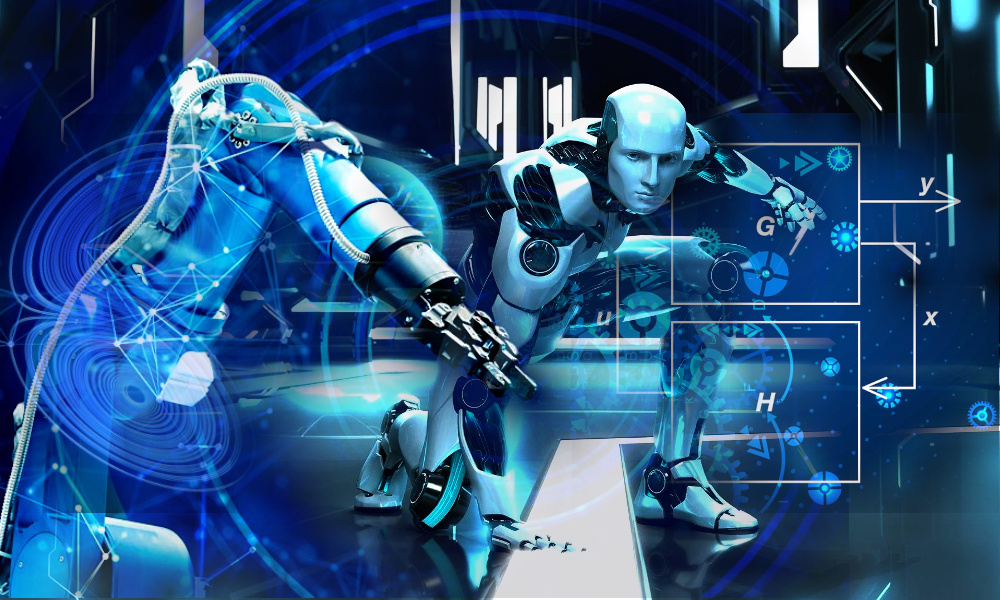Robotics, Control and Automation

Robotics is a field of engineering which deals in the design, construction, programming, and operation of robots. It is an interdisciplinary branch of computer science and engineering. Future robots will behave smarter with the incorporation of Artificial Intelligence, etc.

Control Theory
Control theory is a branch of Applied Mathematics dealing with the use of feedback to influence the behaviour of a system in order to achieve a desired goal. This is essentially an analysis or control of dynamical systems in engineered processes and machines.

System Identification
System identification (SI) is a methodology for building mathematical models of dynamic systems using measurements of the input and output signals of the system. The analysis can be done both in time or frequency domain.

Robotics
Robotics is a branch of engineering that involves the conception, design, manufacture and operation of robots. The objective of the robotics field is to create intelligent machines that can assist humans in a variety of ways.

Automation
Automation is the creation and application of technologies to produce and deliver goods and services with minimal human intervention, leading to improve the efficiency, reliability, and speed of many tasks that were previously performed by humans.
The Control, Robotics, and Automation Laboratory
DEEE facility where students and researchers can learn about and experiment with the latest technologies in control, robotics, and automation.
COURSE BASKET
Department provides basic courses for all engineering undergraduates on the principles of Electrical and Electronic Engineering, in appropriate depth, to acquire essential fundamentals, and also it offers several advanced courses to the specializing students.
RECOMMENDED TECHNICAL ELECTIVES
Appropriate selection of Technical Electives, backed by the undergraduate research project and industrial training engagements, pave the way for the DEEE students to specialize in any of the subdisciplines.
CORE COURSE MODULES
Core modules are designed such a way that they provide essential technical knowledge while exposing students to analysis and design in order to solve complex engineering problems. Research project provide students the opportunity to demonstrate their creative abilities.


